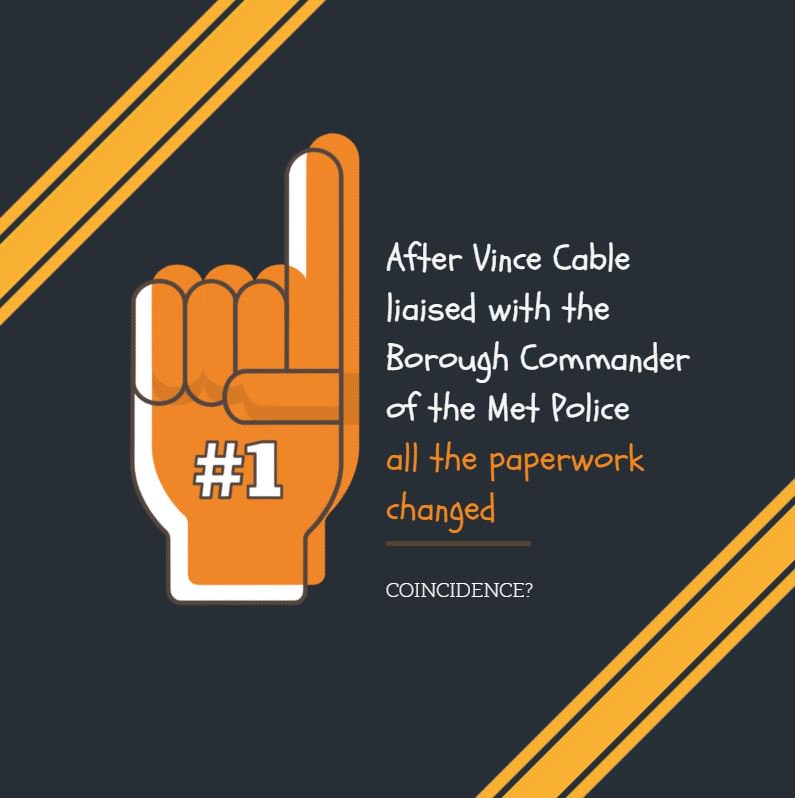Not all startup jobs are created equal; without the right info, you could make a bad choice.
Here are 4 questions you should ask in a startup interview loop:
OK, yes: this sounds super crass... an embarrassingly direct question. But it is also incredibly crucial, because without this info, you have no idea what kind of situation you are potentially walking into.
* How free is the company to build towards its vision?
* How likely is the leadership to make desperate/rash decisions?
* Will you have access to the resources you need to do a good job?
And be prepared, the answer might sound more like "here's what % of our Series B is still in the bank" or "here's how many more months of runway we have." These are ok!
And if a founder/senior member of the team isn't willing to give you *some sort of answer here*, that is a big red flag. They may be hiding something you won't find out about until you start work.
In any startup with multiple founders (most of them!) the founder working relationship can make or break the company. If it is wonderful, the company may thrive whereas if it is toxic, nothing can save it.
Don't ask "how do the founders handle disagreement?" Any smart person can answer that well: “They talk, hear each other's perspectives, and work it out!”
Founders always have some disagreement; if they own that and show they know how to handle it, it is a powerful positive signal about the company.
This could show that they are not transparent, not self-aware, deceitful, or all three.
I'll be honest. During the 16 years I worked at Microsoft, I am not sure I could have named anyone on the board. Bill Gates? The Netflix guy? 🤷🏼♂️
It just wasn't in any way germane to the day-to-day of working there.
If you are talking to a founder or senior exec, look for words of alignment and respect. Not snark or 🙄 or "ugh, the board, don't get me started.”
A board that is out of the way operationally, helping behind-the-scenes but not interfering, is a good sign that there's a healthy relationship there.
The first board member got me into a room and started with: "Hi! FYI. you can't tell him, but we are firing the CEO." AWKWARD. Um, kthxbye. 🛫
A big company is pretty much the same year after year. Working there in 2017 is the same as working there in 2018.
The best startups, on the other hand, are growing, changing, strengthening.
And so by asking your interviewer not "where do you expect to be in a year" but "what have you experienced in the last year", you get a window into what the actual the pace of growth is at the company.
A worrisome answer is "honestly, it's about the same." When startups stagnate, they die.
Companies that are thoughtfully growing employ people with a strong growth mindset, creating an amazing place to learn and build.
If you get vague answers/hostility, especially from senior people, this is a bad sign. Run away!
Be prepared to ask the right questions, and you'll be one step closer to landing your dream startup job.











